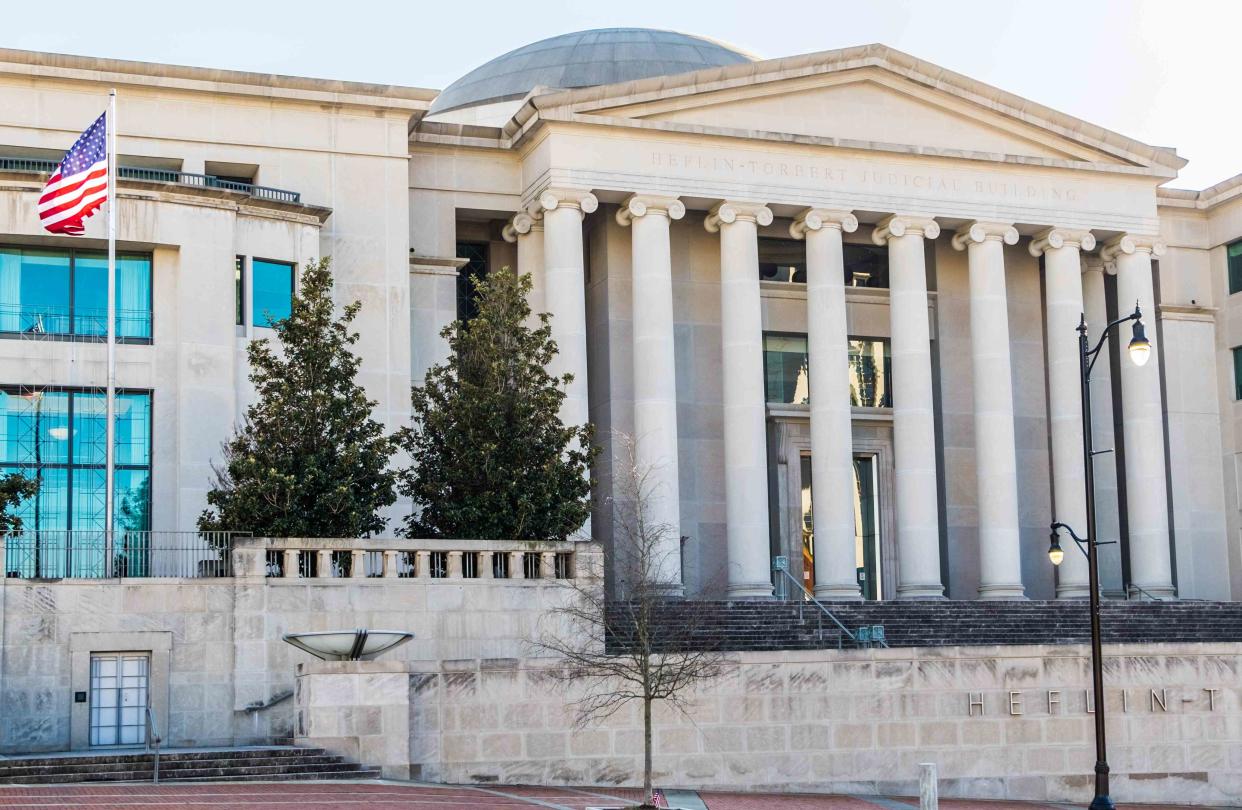Alabama Ruling Threatens IVF by Classifying Lab Embryos as Children

Rex Wholster / Getty Images
Fact checked by Nick Blackmer
Key Takeaways
The Alabama Supreme Court ruled that embryos grown in a lab can be considered “unborn children” and destroying an embryo is punishable under the state’s wrongful death law.
At least two major fertility clinics have since paused their operations.
Major medical groups criticize the decision, saying it could endanger health providers and make fertility treatments inaccessible for many people who have difficulty getting pregnant.
The Alabama Supreme Court ruled that embryos can be considered children, a decision that could complicate the use of in vitro fertilization (IVF).
IVF involves the creation of embryos in a lab, which are then implanted into a person’s uterus to create a pregnancy.
According to the court, people who destroy an embryo can be held liable for wrongful death under state law. The ruling does not prohibit IVF, but it is the first legal attempt at equating frozen embryos to “unborn children.” Critics say the move could have devastating consequences for Alabamans seeking fertility care.
At least two Alabama fertility clinics have paused IVF treatments while they assess the ruling’s implications for providers and patients.
The Alabama ruling might signal the beginning of similar restrictions in other states, according to Barbara Collura, president and CEO of RESOLVE: The National Infertility Association.
“For those living with infertility and trying to build a family, a ‘normal’ IVF cycle is hard enough. There are hundreds, if not thousands, of people who are right now in the middle of a physically and emotionally challenging medical process to fulfill their dream of a baby,” Collura said in a statement.
“Now, less than a week after the Alabama Supreme Court’s devastating ruling, Alabamans in the midst of seeking treatment have had their lives, their hopes and dreams crushed,” she added.
About 2.3% of all infants born in the United States each year are conceived through IVF or similar assisted reproductive technologies, according to the Centers for Disease Control and Prevention.
The IVF process involves combining sperm and eggs in a lab to create embryos, which are then implanted in someone’s uterus in the hopes that at least one will develop into a fetus. Extra embryos can be frozen to preserve them for later use, but these can be discarded if they have abnormalities or if the patients no longer need them.
Before Roe v. Wade was overturned in 2022, every state except Louisiana allowed embryos to be discarded with consent from the patient. Now, several states are considering legislation that would limit patients’ control over their fertilized embryos, according to Jezebel.
Related: Overturning Roe v. Wade Could Have Consequences Beyond Abortion Restrictions
“The outcome of this case will certainly affect access to fertility treatment across the country as more and more state legislatures advance policies that are based on an ideological and unscientific definition of personhood,” Verda Hicks, MD, FACOG, president of the American College of Obstetricians and Gynecologists, said in a statement.
Alabama Supreme Court Justice Greg Cook, in his lone dissenting opinion, warned that the decision “almost certainly ends the creation of frozen embryos through in vitro fertilization in Alabama.”
“No rational medical provider would continue to provide services for creating and maintaining frozen embryos knowing that they must continue to maintain such frozen embryos forever or risk the penalty of a Wrongful Death Act claim,” Cook wrote.
Critics of the court’s ruling warned that it could inflate the costs of an already expensive fertility treatment, making it out-out-reach for many would-be parents.
Meanwhile, certain health providers may choose to leave the state, which could impact fertility care for Alabamans.
“This decision will likely have disastrous effects on the training, recruitment, and retention of obstetrician–gynecologists and fertility experts in Alabama, worsening access and equity issues and penalizing those already living in a state with diminished access to all obstetric and gynecologic care,” Hicks said.
What This Means For You
The Alabama Supreme Court ruled that embryos are considered “unborn children.” The ruling has prompted several fertility clinics to pause IVF treatment for fear of legal repercussions. You can find a fertility clinic using the CDC’s Assisted Reproductive Technology database.
Read the original article on Verywell Health.

